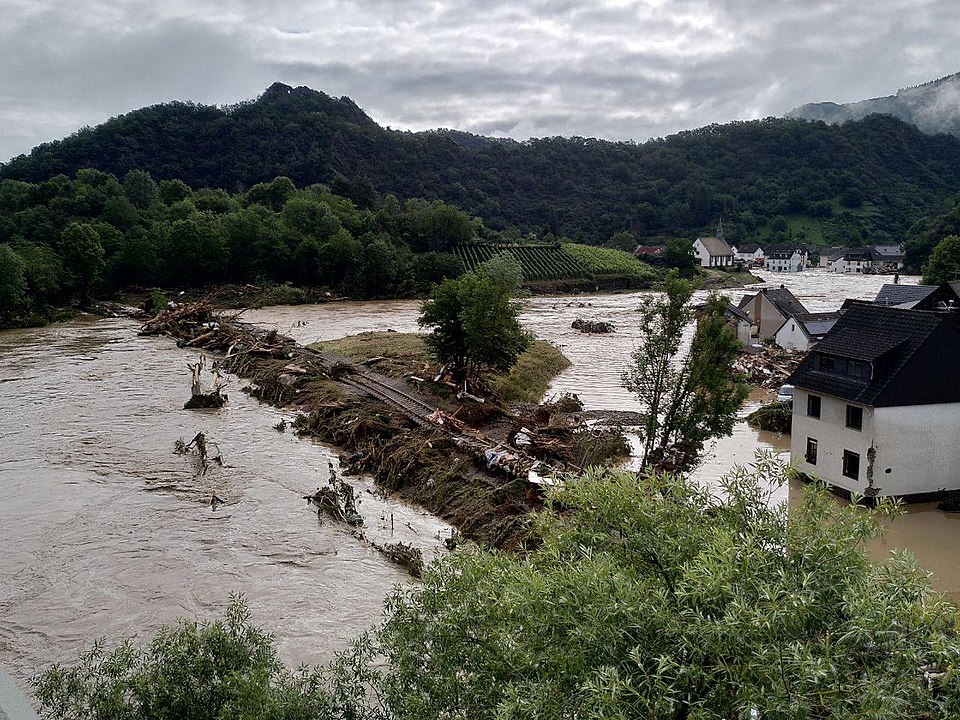
By Anders Lorenzen
Germany has recently experienced fatal and apocalyptic climate- fuelled floods, after which the country’s Chancellor, Angela Merkel, promised the government would do more to tackle climate change.
Some might see Germany as a climate leader already with its huge focus on building clean renewable energy capacity through its ‘energiwende’ flagship initiative.
But the reality is that Germany is far from the top of the leaderboard when it comes to climate action in Europe, let alone in the world.
In Germany, fossil fuels are king
While Germany has had a huge focus on renewable energy this has done little to reduce its reliance on fossil fuels. While progressive European countries have almost stopped using coal and will do so completely in the coming years, this is not the case in Germany, which has set a laughable deadline of 2038 for its coal phase-out. The country is even expanding one of its biggest coal mines, Garzweiler lignite coal mine. The country’s struggle to reduce its reliance on coal was significantly helped by the purely ideological and populist decision to phase out all its nuclear power stations by 2022 (initially following the Fukushima accident in 2011 in Japan)
In addition, many of the world’s top car companies are German – think Volkswagen, BMW etc which have lobbied heavily against ambitious climate laws and a slow down to the transition to electric and hybrid mobility. It was evident how much influence they had on Merkel’s government after the latter did not want to take meaningful action against them following the Dieselgate scandal from 2008 – 2015. Then there is Germany’s reluctance to support meaningful sanctions against Russia as they get 60% of their gas from Russia, and have supported the controversial Russia – Europe Nord Stream 2 pipeline project.
Quitting coal
So what should Germany do with their newfound appetite for tackling climate change?
The most obvious action and the one with the most emissions savings would be a complete halt to its nuclear decommissioning project, but it is now so advanced that not much could be salvaged at such a late stage and most German political parties lack the bravery to take such action. It goes without saying that their number one priority should be getting out of coal as soon as possible.
Ironically, the country already gets a lot of its electricity supply via interconnectors from France – produced through nuclear energy. They also get renewable energy from other European neighbours, mainly Denmark. But building new interconnectors is not a quick process as it takes cross-country agreement and negotiations. They could of course enter discussions to buy more clean energy from their neighbours.
Huge savings could also be made in its auto industry and the next German government, which takes office at the end of this year, must set much tougher emission rules from cars and trucks and mandate that the industry speeds up the EV transition.
And they must as soon as possible greatly reduce their reliance on Russian gas. An ambitious hydrogen strategy such as the one the city of Hamburg is mulling over could help with that.
But the sad reality is that the climate damage is already done and there are few quick wins.
As recent events have shown, not even the industrial powerhouse of Germany is immune to the impacts of climate change.
Categories: climate change, energy, Europe, impacts, International Politics, opinion, Uncategorized, Weather
9 replies »